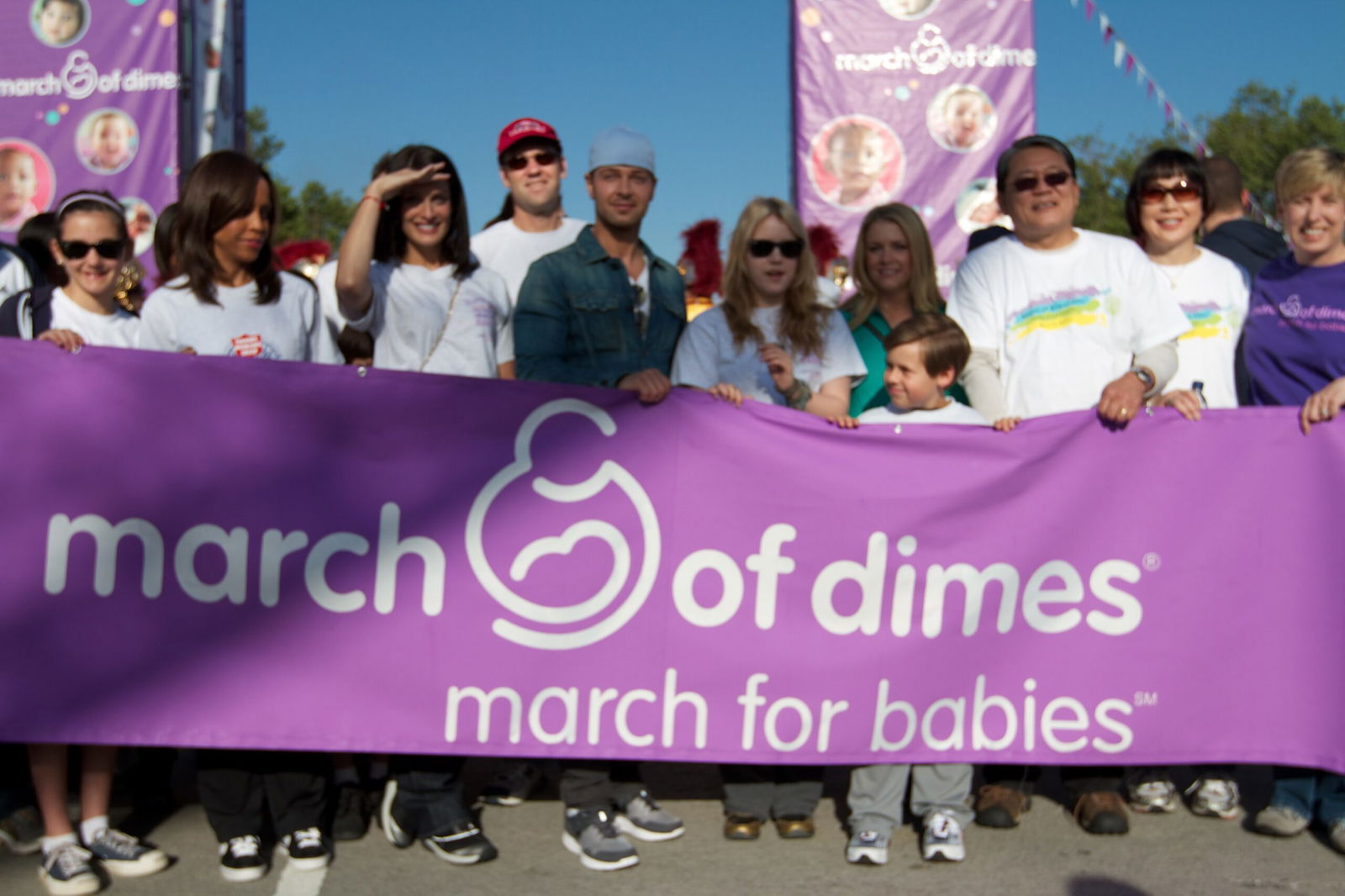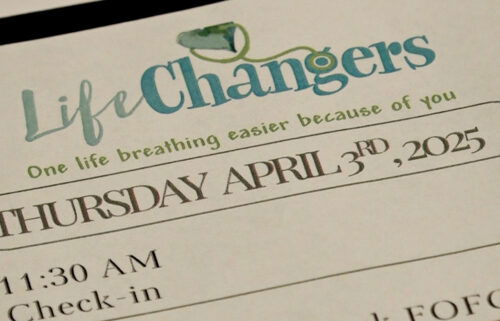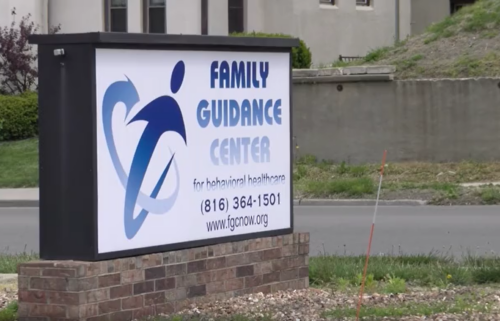Birth Defects Awareness Month emphasizes need for education on maternal, infant health

By Charles Christian
January is Birth Defects Awareness Month, and a Missouri spokesperson with the March of Dimes is highlighting education and how people can show their support.
Since 1938, a leading advocate of birth defect prevention and care has been the March of Dimes. Although the local March of Dimes offices in St. Joseph and Kansas City had to shut down during COVID-19, the March of Dimes continues its work to raise funds and to raise awareness in Missouri.
Erin Coppenbarger of the March of Dimes in St. Louis, Missouri, said that the organization works both nationally and within Missouri to fund research, raise awareness and provide education.
“March of Dimes has a national campaign where people can help fundraise by either biking, running or walking two miles a day in January,” she said. Forms for this can be found on the March of Dimes website.
Even though two key offices in our area are closed, Coppenbarger said support opportunities continue in the Kansas City area and beyond. The “Heroes in Action” award, given each year to a nurse in the state, is open to nominations statewide.
Also, the March of Dimes offers a NICU family support program at St. Luke’s Hospital in Kansas City. This program supports and educates parents and providers dealing with preterm births, as well as birth defects in the Kansas City area. An annual lobby day in Jefferson City called “March for Change” occurs in March of each year in Jefferson City.
Each year, the March of Dimes puts out a report card by state measuring healthy birthrates. Coppenbarger said that Missouri has room for improvement in regard to preventable birth issues.
“On our most recent report card, we were measured at a D-minus,” Coppenbarger said.
This means that Missouri’s preterm birth rate is higher than the national average.
According to the Centers for Disease Control and Prevention, every four and a half minutes a baby is born with a birth defect in the U.S. The most common birth defects, according to the March of Dimes, include congenital heart defects, cleft lip and palate, and spina bifida.
The March of Dimes website reminds people that, although not all birth defects can be prevented, certain environmental factors can impact the risk for birth defects. These include the use of alcohol and exposure to both first and secondhand smoke. The March of Dimes also emphasizes the need for ongoing care beyond infancy for those affected by birth defects. For more information on the March of Dimes, visit marchofdimes.org.




